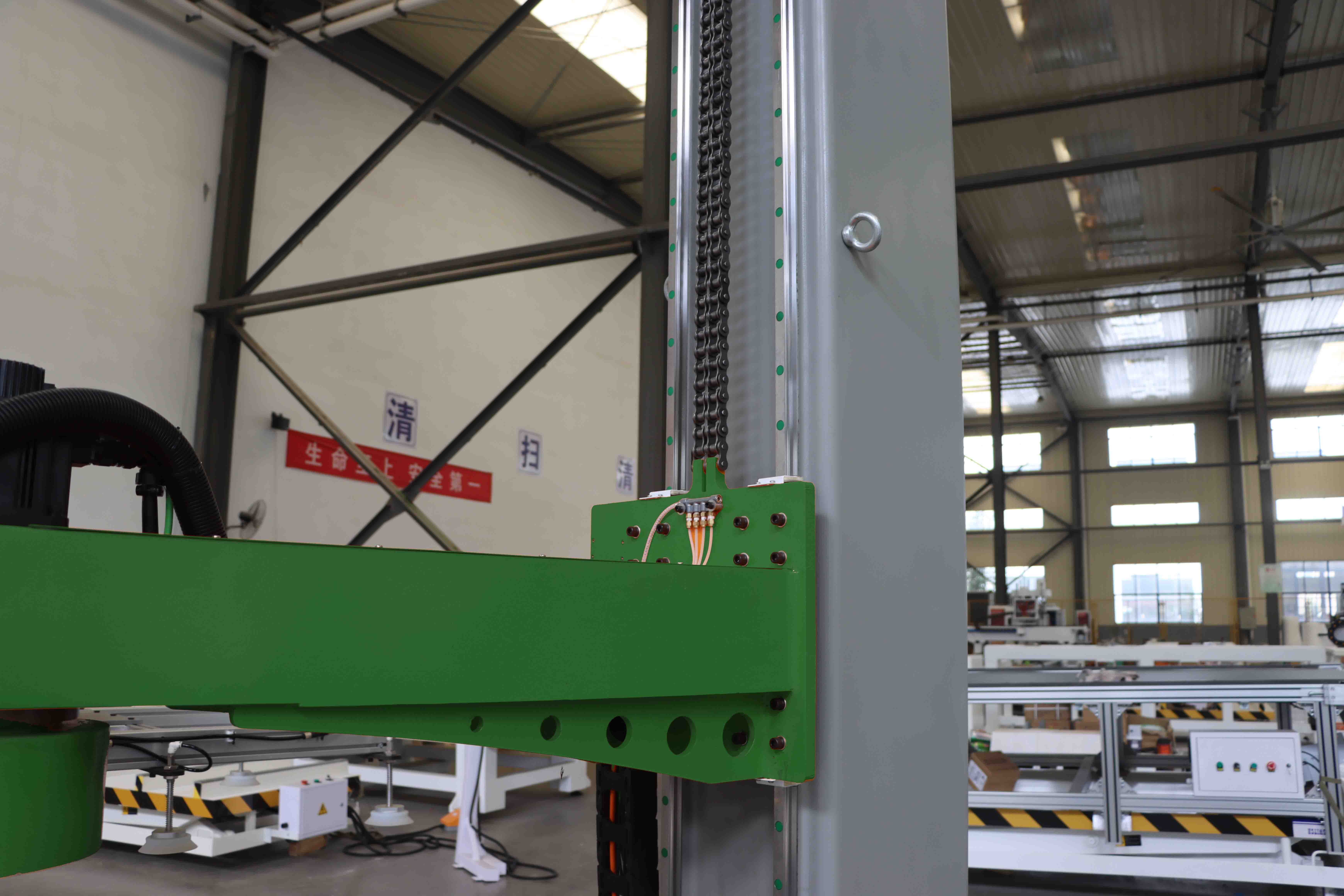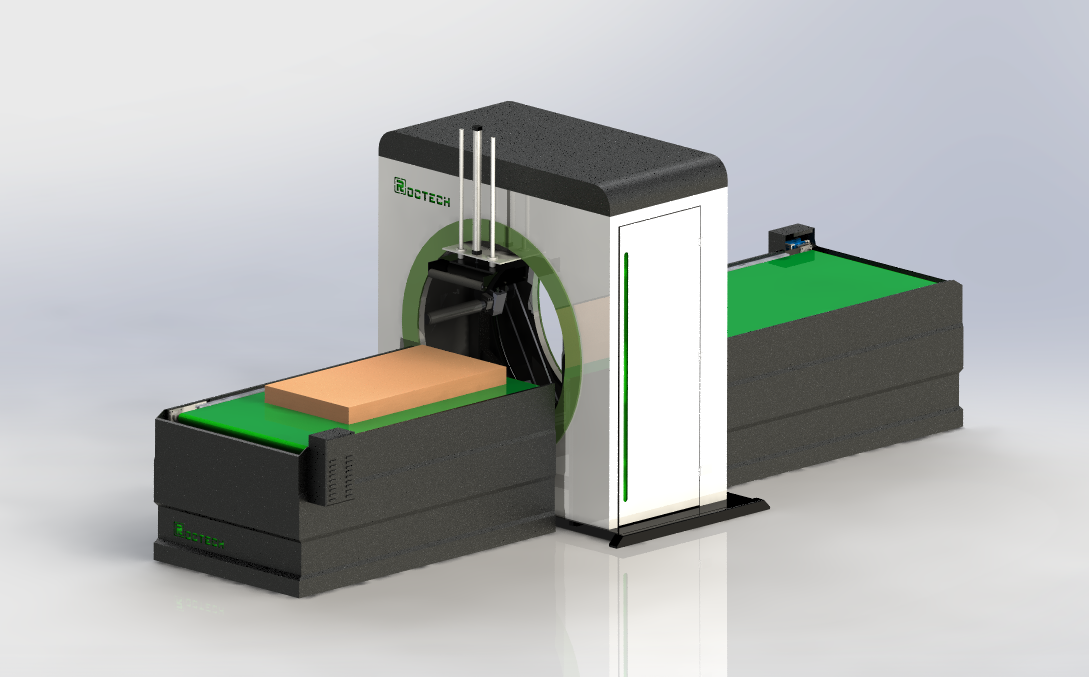A gyártás folyamatosan fejlődő világában a lézeres fémgyártás megváltoztatóként jelent meg, forradalmasítva a fémmegmunkálás megközelítését. Ez a fejlett technológia, amely nagy teljesítményű lézereket használ a fémek vágására, hegesztésére és gravírozására, páratlan precizitást, sebességet és sokoldalúságot biztosít az iparágban. Ahogy a lézeres fémgyártás bonyolultságát vizsgáljuk, megvizsgáljuk alkalmazásait, előnyeit és jövőjét, amelyek a modern gyártás számára nyújtanak.
A lézeres fémgyártás alapjai
A lézeres fémgyártás magában foglalja a fókuszált lézersugarak használatát a fémanyagok manipulálására. A folyamat egy lézersugár generálásával kezdődik, jellemzően egy szálas lézerforrásból, amelyet ezután a fémfelületre irányítanak. A lézer által generált intenzív hő miatt a fém elolvad, elpárolog vagy elég, lehetővé téve a precíz vágást, hegesztést vagy gravírozást.
A fémgyártásban számos típusú lézert használnak, beleértve a CO2 lézereket, az NdYAG lézereket és a szálas lézereket. Ezek közül a szálas lézerek jelentős népszerűséget szereztek hatékonyságuk, megbízhatóságuk és a fémek széles skálájának köszönhetően, beleértve az acélt, alumíniumot, rézt és titánt.

Applications of Laser Metal Fabrication
The applications of laser metal fabrication are vast and varied, spanning across multiple industries. Here are some of the most prominent uses

1. Automotive Industry In the automotive sector, laser cutting is used to create intricate components such as engine parts, chassis, and body panels. The precision of laser technology ensures that these parts fit together seamlessly, enhancing the overall performance and safety of vehicles.
2. Aerospace Industry The aerospace industry demands components that are both lightweight and durable. Laser welding and cutting are employed to fabricate parts such as turbine blades, fuselage sections, and fuel tanks. The ability to work with high-strength materials like titanium and Inconel makes laser technology indispensable in this field.
3. Medical Devices The medical industry relies on laser metal fabrication to produce surgical instruments, implants, and diagnostic equipment. The precision of laser cutting ensures that these devices meet stringent quality standards, while the ability to work with biocompatible materials like stainless steel and titanium ensures patient safety.
4. Electronics In the electronics industry, laser cutting is used to create precise components such as circuit boards, connectors, and heat sinks. The ability to work with thin and delicate materials without causing damage makes laser technology ideal for this sector.
5. Jewelry Making Laser engraving and cutting are widely used in the jewelry industry to create intricate designs and patterns on metal surfaces. The precision of laser technology allows for the creation of detailed and customized pieces that are highly sought after by consumers.
Benefits of Laser Metal Fabrication
The adoption of laser metal fabrication offers numerous benefits to manufacturers, including
1. Precision and Accuracy Laser technology provides unmatched precision, allowing for the creation of complex and intricate designs with minimal error. This level of accuracy is particularly important in industries where even the slightest deviation can have significant consequences.
2. Speed and Efficiency Laser cutting and welding are significantly faster than traditional methods, reducing production time and increasing throughput. This efficiency translates to cost savings and the ability to meet tight deadlines.
3. Versatility Laser technology can be used with a wide range of metals, including those that are difficult to work with using conventional methods. This versatility allows manufacturers to expand their capabilities and take on a broader range of projects.
4. Minimal Material Waste The precision of laser cutting results in minimal material waste, reducing costs and promoting sustainability. Additionally, the ability to nest parts closely together on a single sheet of metal further optimizes material usage.
5. Reduced Need for Secondary Processing Laser cutting produces clean edges that often do not require additional finishing, such as deburring or sanding. This reduces the need for secondary processing, saving time and resources.
6. Automation and Integration Laser metal fabrication systems can be easily integrated into automated production lines, allowing for continuous and efficient operation. This automation reduces labor costs and increases consistency in the manufacturing process.
Challenges and Considerations
While laser metal fabrication offers numerous advantages, there are also some challenges and considerations to keep in mind
1. Initial Investment The cost of acquiring and setting up laser metal fabrication equipment can be high. However, the long-term benefits in terms of efficiency, precision, and reduced waste often justify the initial investment.
2. Material Limitations While laser technology is versatile, there are some materials that may not be suitable for laser cutting or welding. For example, highly reflective materials like copper and brass can be challenging to work with due to their ability to reflect laser beams.
3. Safety Concerns The use of high-powered lasers requires strict safety protocols to protect operators from potential hazards such as eye damage and burns. Proper training and the use of protective equipment are essential to ensure a safe working environment.
4. Maintenance and Upkeep Laser systems require regular maintenance to ensure optimal performance. This includes cleaning the optics, replacing consumable parts, and calibrating the equipment. Proper maintenance is crucial to avoid downtime and extend the lifespan of the equipment.
The Future of Laser Metal Fabrication
As technology continues to advance, the future of laser metal fabrication looks promising. Here are some trends and developments to watch for
1. Increased Automation The integration of artificial intelligence (AI) and machine learning into laser systems will further enhance automation, allowing for more intelligent and adaptive manufacturing processes. This will lead to increased efficiency, reduced errors, and the ability to handle more complex tasks.
2. Enhanced Precision Ongoing advancements in laser technology will continue to improve precision, enabling the creation of even more intricate and detailed components. This will open up new possibilities in industries such as microelectronics and medical devices.
3. Expanded Material Capabilities Research and development efforts are focused on expanding the range of materials that can be processed using laser technology. This includes the development of new laser sources and techniques that can effectively work with challenging materials.
4. Sustainability Initiatives As the manufacturing industry increasingly prioritizes sustainability, laser metal fabrication will play a key role in reducing waste and promoting eco-friendly practices. The ability to optimize material usage and minimize energy consumption will be critical in achieving these goals.
5. Additive Manufacturing The combination of laser technology with additive manufacturing (3D printing) is an emerging trend that holds great potential. Laser-based additive manufacturing allows for the creation of complex metal parts with high precision, opening up new possibilities in design and production.
Conclusion
Laser metal fabrication has undoubtedly revolutionized the manufacturing industry, offering a level of precision, speed, and versatility that was previously unattainable. As technology continues to evolve, the applications and benefits of laser metal fabrication will only expand, paving the way for more innovative and efficient manufacturing processes. Whether in the automotive, aerospace, medical, or electronics industries, laser technology is shaping the future of metal fabrication, driving progress, and enabling the creation of products that were once thought impossible. As we look ahead, the continued advancements in laser metal fabrication promise to unlock new opportunities and redefine the boundaries of what can be achieved in modern manufacturing.
Függetlenül attól, hogy általános tanácsra vagy konkrét támogatásra van szüksége, örömmel segítünk Önnek.